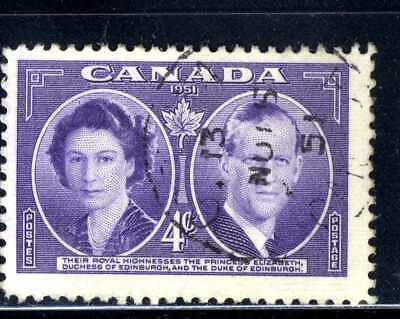The Life and Legacy of the Duke of Edinburgh

Introduction
The Duke of Edinburgh, Prince Philip, who passed away on April 9, 2021, left a profound legacy that continues to resonate throughout the United Kingdom and the Commonwealth. Known for his commitment to public service and charitable endeavours, his influence has shaped various facets of British society. This article highlights the significance of his life, his contributions, and how his legacy remains pertinent in today’s world.
Early Life and Marriage
Born on June 10, 1921, in Corfu, Greece, Prince Philip was educated in France and Germany before serving in the British Navy during World War II. His marriage to Queen Elizabeth II on November 20, 1947, marked the beginning of a historic partnership. Throughout their union, Prince Philip stood steadfastly by the Queen’s side, providing support during times of great scrutiny and public interest.
Contributions to Society
The Duke was known for his unwavering dedication to numerous charitable organisations and initiatives. He founded the Duke of Edinburgh Award in 1956, a programme aimed at empowering young people through volunteering, physical recreation, and skill development. This award has positively impacted millions of young individuals globally and continues to promote personal growth and community service.
Moreover, he played a vital role in encouraging environmental conservation. As the first president of the World Wildlife Fund (WWF) UK, Prince Philip advocated for sustainable practices and environmental awareness, leaving an enduring mark on the global movement for ecological responsibility.
A Lasting Legacy
In the wake of his passing, tributes flowed in from around the world, reflecting on his lifelong commitment to family, duty, and his country. His legacy extends beyond his royal duties; it encompasses the values of resilience, dedication, and service to community. As the United Kingdom faces contemporary challenges, including environmental concerns and social justice, the principles that Prince Philip championed remain relevant.
Conclusion
The Duke of Edinburgh’s influence continues to shape the modern landscape of the UK and the Commonwealth. His pioneering spirit, commitment to youth empowerment, and dedication to public service serve as a reminder of the impact of individual contributions to society. As we carry forward his legacy, it is imperative to honour his vision for a better world, inspiring future generations to act with kindness and responsibility.




